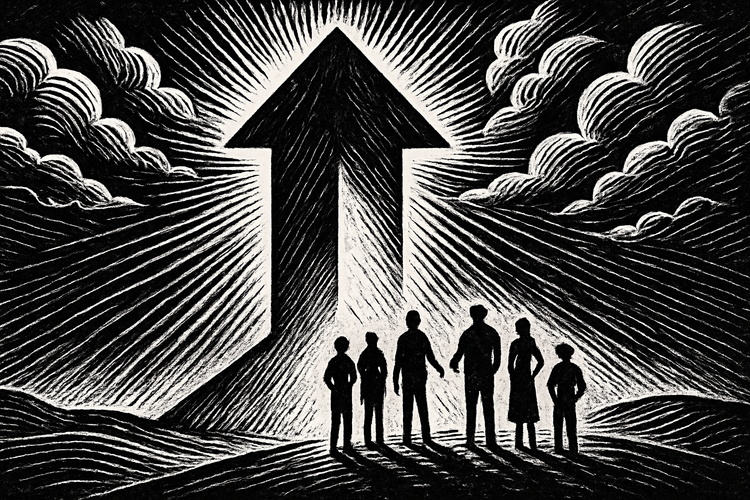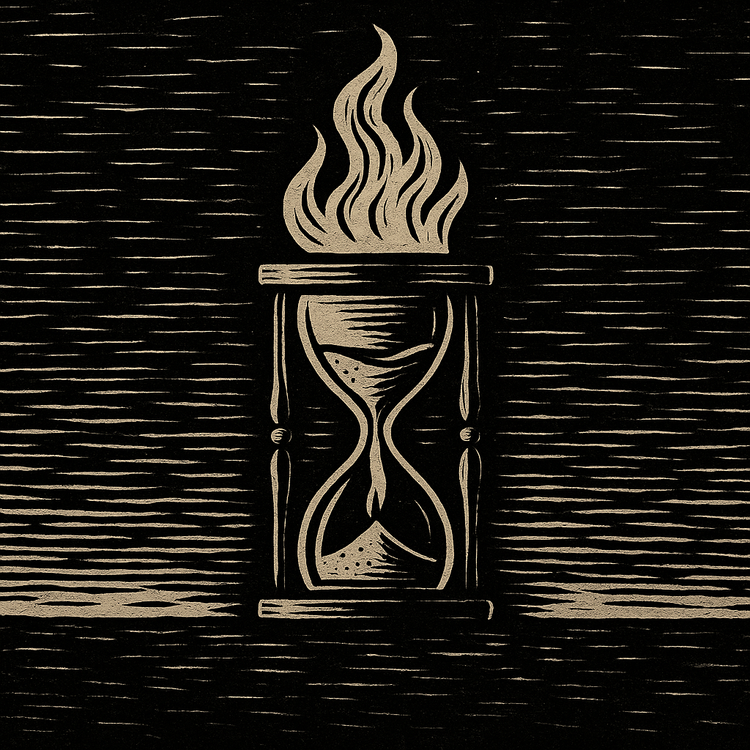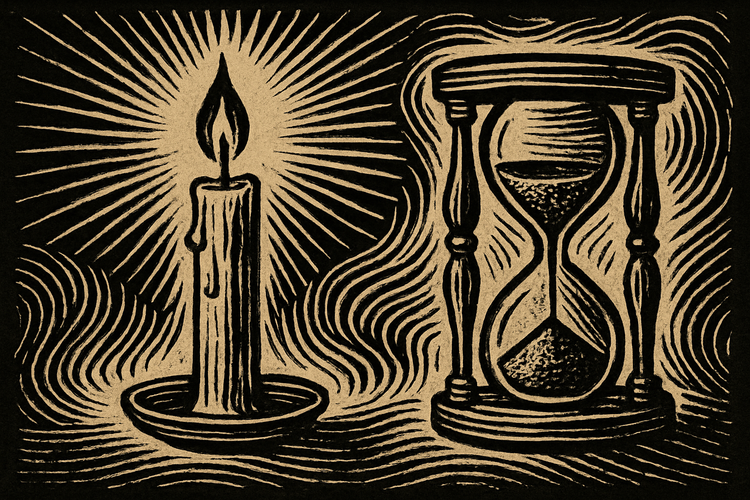The Good Place S1E13 - "Michael's Gambit"

Spoiler Warning: This reflection contains full spoilers for The Good Place, including retrospective insights and thematic allusions. It assumes familiarity with the entire series and is written from the perspective of a rewatch.
The final round begins with a choice. Someone has to go to the Bad Place. Maybe two. Maybe one. No one is sure. The rules keep shifting, the moral calculus spinning out of control. Jason and Eleanor offer themselves up first, trying to take the fall. Then Real Eleanor insists on replacing one of them—an act that feels noble, until it’s drowned in confusion. Who’s guilty? Who’s volunteering? What even counts as “good” anymore? The scene unravels not because people are selfish, but because the system won’t hold still long enough to let them be selfless. This was never a test. It was a trap.
If the system feels incoherent, it’s because it was never real. The signs were always there, just buried in plain sight. A label on Michael’s model reads “The Good Place” in quotation marks—a detail so small it might pass unnoticed, unless you’re already starting to question everything. The neighborhood glitches. The moral math doesn’t add up. And in a moment that echoes Plato’s allegory of the cave, the humans realize they’ve been staring at shadows—illusions cast by someone else’s design. The light outside the cave is unbearable at first. But once you see the shape of the lie, you can’t go back.
Then Eleanor sees it. The confusion, the contradictions, the mounting absurdity—it all points in one direction. This isn’t the Good Place. It never was. She turns to Michael, smiling nervously at the unraveling, and names the truth: “This is the Bad Place.” The façade collapses. Michael’s cheerful benevolence curdles into demonic glee. It was a gambit all along—a carefully crafted psychological torture chamber, disguised as paradise, built to make them break each other. And for a while, it worked. But not anymore. In the quiet beat before chaos sets in, Eleanor turns to Chidi and says it: “You’re like a little flashlight in a dark cave.” He didn’t give her the answers. He helped her see through the illusion.
With the illusion shattered, the others begin to understand themselves more clearly. Tahani, for all her poise and philanthropy, finally admits that her generosity was always performative. She didn’t give out of compassion—she gave to be admired. Chidi, too, reckons with himself. His indecision wasn’t neutral or benign; it hurt people. It eroded trust. He was so afraid of being wrong that he became impossible to count on. These aren’t punishable flaws. They’re human ones. And in naming them, each character takes a small step toward something the system was never built to process: actual moral growth.
Michael resets the neighborhood. The humans will lose their memories. The game will begin again. But Eleanor plants a seed. She scribbles a note—“Eleanor: Find Chidi”—and hands it to Janet. If she forgets everything, maybe some part of her will still remember why she wanted to change in the first place. The neighborhood can be rebooted. But something in Eleanor—some small light—has already survived.



Comments ()